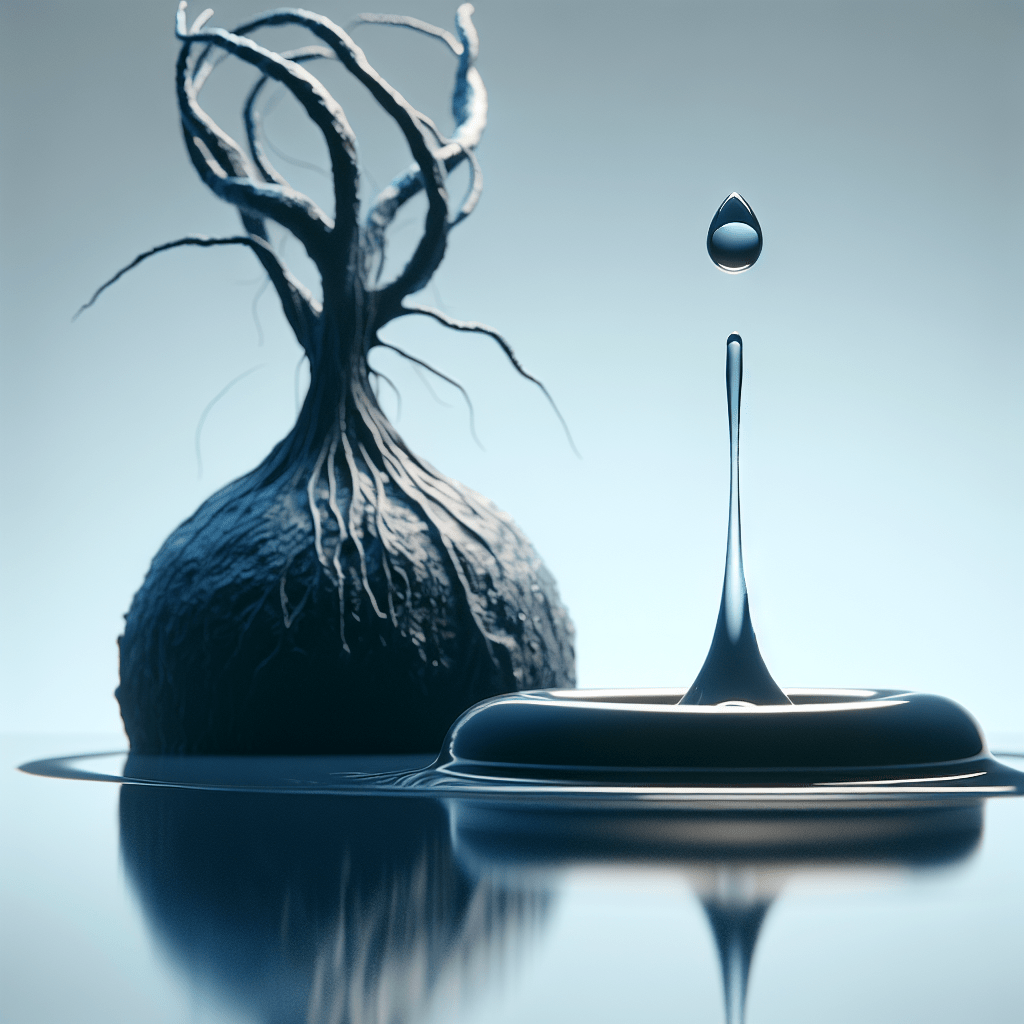Can water help cure cancer?

Can Water Help Cure Cancer? Unraveling the Truth
Water is a fundamental element for life. It keeps us hydrated, helps in digestion, and maintains our body temperature. But can it help cure cancer? This is a question that has sparked interest and debate among scientists, researchers, and health enthusiasts worldwide.
While it's essential to note that water is not a miracle cure for cancer, it plays a significant role in maintaining overall health and can indirectly contribute to cancer prevention and management. The World Health Organization recognizes the importance of hydration, stating, "Water is essential for life, and it is also a critical component of the human diet."
"Water is essential for life, and it is also a critical component of the human diet."
The Role of Water in the Body
Water makes up about 60% of the human body. It aids in the transportation of nutrients and oxygen to cells, flushes out toxins, and provides a moist environment for ear, nose, and throat tissues. Moreover, staying hydrated can improve physical performance, energy levels, and brain function.
Hydration and Cancer: What's the Connection?
Hydration plays a crucial role in maintaining a healthy body and preventing diseases, including cancer. Drinking an adequate amount of water helps in detoxification, a process that removes harmful substances from the body. These toxins, if accumulated, can lead to cell damage and potentially cause cancer.
Furthermore, water can aid in digestion and prevent constipation, which, if chronic, can increase the risk of colorectal cancer. A study published in the European Journal of Clinical Nutrition found that increased water intake reduces the risk of bladder cancer by diluting the concentration of bladder carcinogens and increasing urination frequency.
"Increased water intake reduces the risk of bladder cancer."
Water and Cancer Treatment
While water itself cannot cure cancer, it is crucial during cancer treatment. Chemotherapy and radiation therapy can cause dehydration due to side effects like vomiting and diarrhea. Staying hydrated can help manage these side effects, improve the effectiveness of treatment, and enhance the patient's overall well-being.
How Much Water Should You Drink?
The amount of water one should drink can vary depending on factors like age, sex, weight, physical activity level, and overall health. However, a common recommendation is to drink at least eight 8-ounce glasses of water a day, which equals about 2 liters, or half a gallon.
Conclusion
In conclusion, while water cannot directly cure cancer, it plays a vital role in maintaining overall health, aiding in detoxification, and potentially reducing the risk of certain types of cancer. It is also essential during cancer treatment to manage side effects and improve treatment effectiveness.
"Water, the softest thing, cannot be snapped. Even a bamboo stick, the hardest thing, can be snapped."
Remember, staying hydrated is not just about drinking water. It's about maintaining a balanced diet and lifestyle, including regular exercise and a healthy diet. As the famous quote goes, "Water, the softest thing, cannot be snapped. Even a bamboo stick, the hardest thing, can be snapped." In the context of health, this means that the simplest things, like drinking water, can have a profound impact on our health.
Summary
Water is not a miracle cure for cancer, but it plays a significant role in maintaining overall health and can indirectly contribute to cancer prevention and management. Hydration aids in detoxification, digestion, and can potentially reduce the risk of certain types of cancer. It is also crucial during cancer treatment to manage side effects and improve treatment effectiveness. The amount of water one should drink can vary, but a common recommendation is at least 2 liters a day. Maintaining a balanced diet and lifestyle, including regular exercise and a healthy diet, is also essential for overall health.



